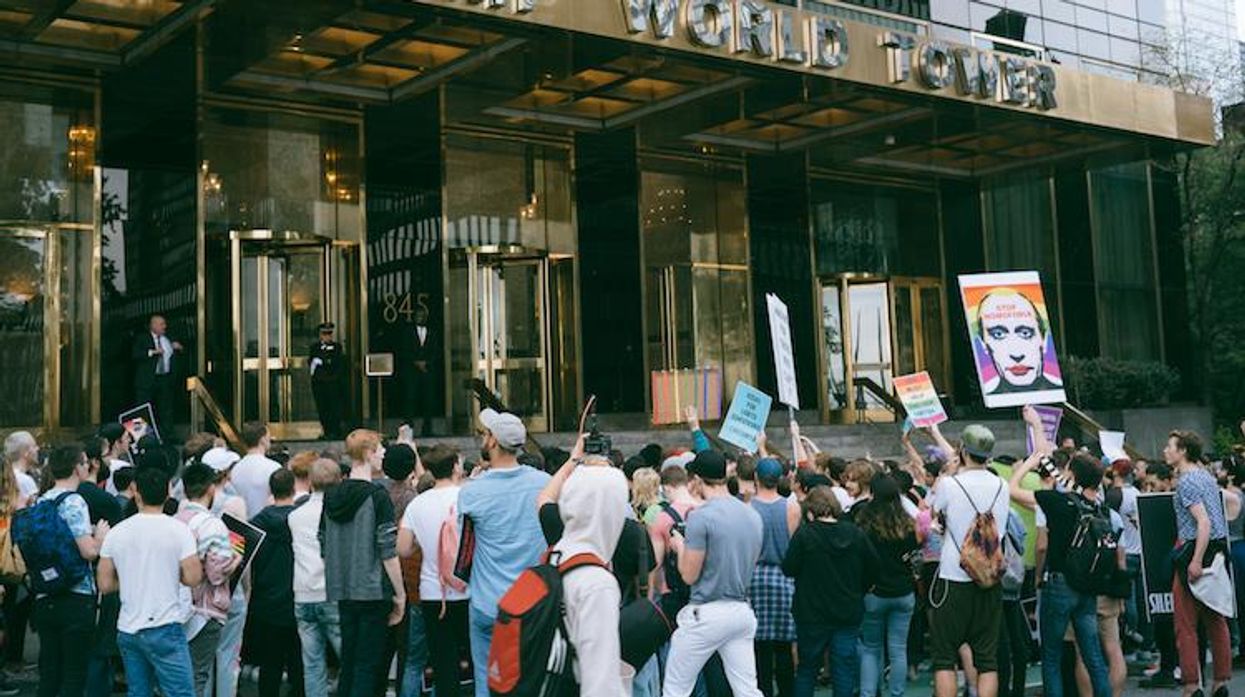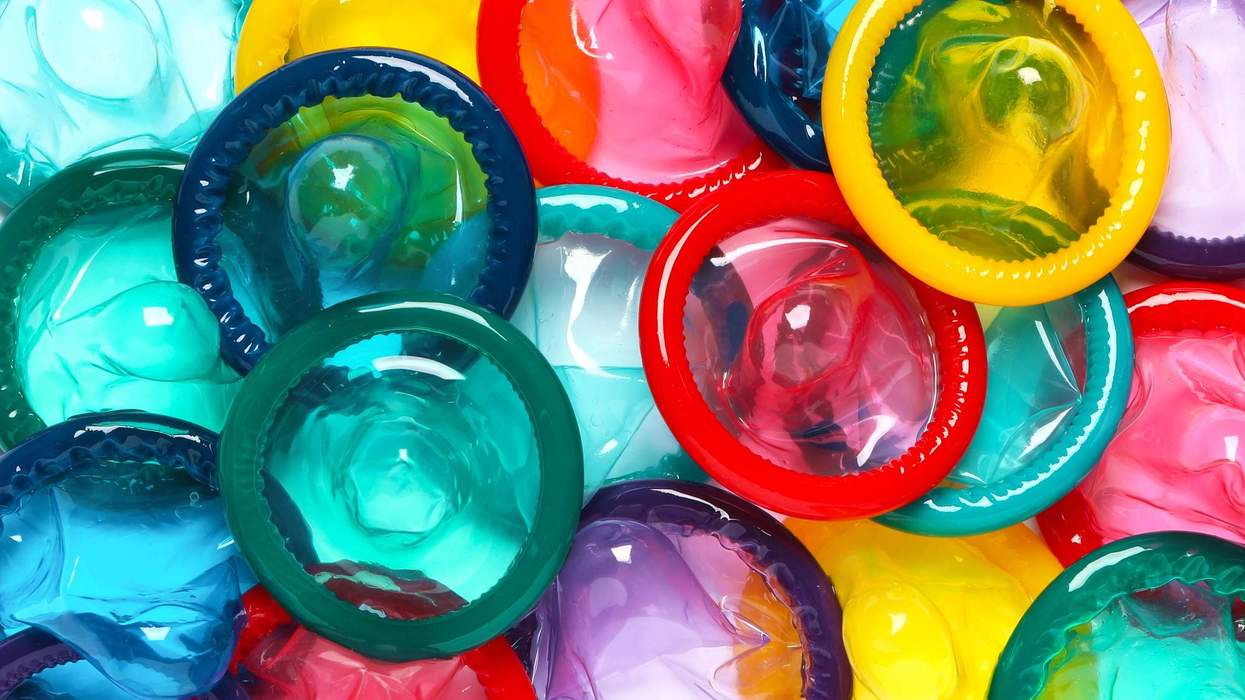The urgency of the movement to protect over 800,000 Dreamers and all those facing deportation is only intensifying. While the current administration is not the first to carry out deportations, the decision to wind down DACA; the announced termination of the Temporary Protected Status (TPS) determination for Salvadorans; and Trump's alleged use of deeply offensive words to describe African nations have significantly changed the discourse and raised the stakes.
Like communities directly affected by the rising tide of anti-immigrant rhetoric and action, the LGBTQ community knows what it's like for the U.S. government to turn its back on us. We continue to fight for basic rights and protections, and to this day we're carrying forward a historic movement that demands that this nation see us, hear us, protect us, give us access to health care, and embrace every aspect of our community's diversity and vibrancy.
Related | I'm a Dreamer, Not a Delinquent
Our community's history of struggle and perseverance calls us to join efforts to protect Dreamers and all those facing deportation. Communities that know oppression firsthand must stand together and demand that our country align with the values we claim America holds dear, with the promises we say make America a beacon of freedom to the world, and with the will of our communities--the will of the people. To actively choose to do nothing in this moment is to actively reject our common humanity.
Adding to that strong moral imperative, many Dreamers and people facing deportation are members of the LGBTQ community. One estimate says that 36,000 Dreamers openly identify as LGBTQ. DACA hasn't just enabled them to pursue their education and find greater economic stability--it has helped protect their lives. Queer people facing deportation could be sent to countries where there are high rates of violence and persecution against LGBTQ people, and even though a country's laws may not criminalize LGBTQ people, we know that doesn't mean they'd be safe there.
Take Mexico for example, which is the country of origin for most DACA recipients. Mexico may have progressive laws, including broad discrimination protections, but many report that those laws are not fully enforced--and violence against LGBTQ people continues to be a major issue. In a survey by the Mexican government itself, 60% of LGBTQ people said they knew an LGBTQ person who was murdered within three years of the survey. It would be negligent and inhumane for the United States to force LGBTQ people to return to countries where their lives could be threatened because of how they identify.
Those facing deportation also contribute to our country significantly. To center back on DACA, a survey from August 2017 said over 97% of DACA recipients were either working or in school at that time. It is estimated that DACA beneficiaries would contribute over $460 billion to our economy in the next decade. And they hold critical positions in our society--look no further than the 20,000 DACA recipients teaching America's children. As a former teacher myself, I can't imagine the devastating impact of removing 20,000 educators from classrooms and from the lives of their students.
It is clear that DACA recipients and all those facing deportation--including many in the queer community--are intricately woven into the fabric of this nation. Queer American citizens have a moral obligation to stand with and fight to protect LGBTQ people--and all people--facing deportation. Let us show the world that our efforts to secure human rights and advance acceptance know no borders.
How You Can Help:
1.) Call your Senators and Representatives in Congress at (202) 224-3121 and urge them to protect Dreamers. Supporters are pushing for a solution by January 19, the deadline for Congress to approve a spending bill and avoid a government shutdown. You can also voice your support for all those facing deportation, including LGBTQ people who would likely be deported to countries with higher rates of violence against those in the LGBTQ community.
2.) Share these resources on social media and within your community. They outline the rights people have if they come in contact with immigration and law enforcement.
3.) Seek out local groups in your community that are organizing peaceful protests where you can stand in solidarity and show your support in a physical space.
Vinnie Amendolare was the Deputy Director for Presidential Correspondence in the Obama White House. He currently lives in New York City where he works as a writer and serves as the head of research for Voices4--an activist group working toward global queer liberation.






























